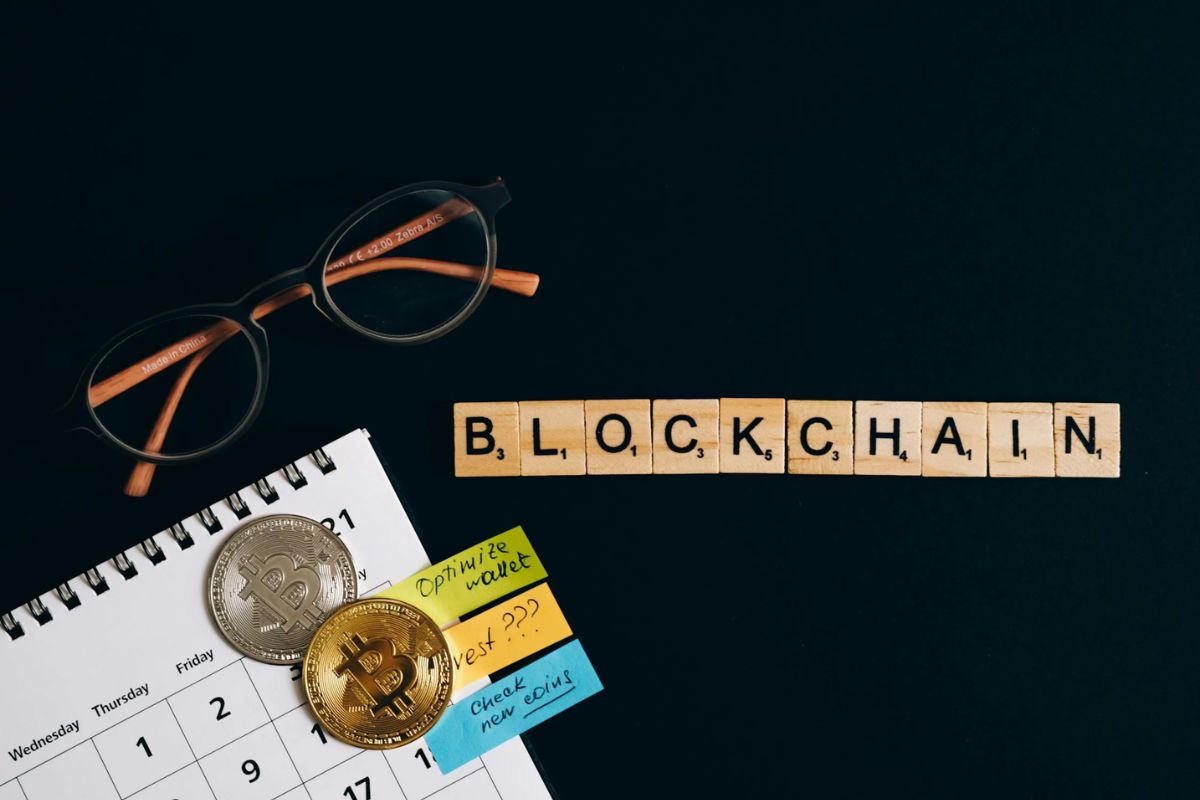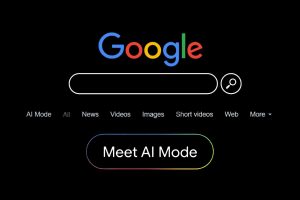The Internet of Things (IoT) refers to a network of interconnected devices and people –gathering and sharing information on their usage in society – over the Internet. Sophisticated actuators, modules, and sensors are rooted in physical products.
Thanks to its analytical capabilities, IoT can transform the data it collects into useful insights, thus positively influencing business operations. A report by Statista estimates that there will be more than 29 billion IoT devices in use by 2030.
Given the high volume of data that these devices will be transmitting, there’s an increased risk of hacking and data breaches. Unfortunately, data security is set to become even more complex going forward, hence the need to look into IoT Blockchain.
Blockchain and IoT Convergence in the Digital Landscape
As the fusion of Blockchain Internet of Things advances, it’s increasingly impacting diverse fields. Experts in the field are viewing this synergy as much more than a tech advancement; they’re describing it as a paradigm shift that will reshape the digital landscape.
Its convergence will lead to the creation of a more secure and autonomous space. Its standout features will include the following.
- Improved Security and Trust: Enhanced trust is among the core benefits of this convergence. IoT devices, though convenient, are vulnerable to breaching. Fusing it with the encrypted and decentralized blockchain can significantly bolster security and trust.
- Decentralization and User Empowerment: The digital landscape is increasingly becoming decentralized which aligns perfectly with the core principle of blockchain technology. By integrating IoT with blockchain, user empowerment will be enhanced.
- Improved Automation and Data Exchange: Blockchain can allow for a secure and seamless exchange of information between IoT gadgets without the need to include a central authority. Such an integration helps pave the way for smart contracts and sophisticated automation.
The IoT meeting blockchain will allow for the creation of a more user-centric digital landscape.
Data Integrity and Security with IoT and Blockchain
As the number of IoT devices continues to increase, so does the need to deploy robust security protocols. Past breaches have proven that traditional security approaches are susceptible to hacking, especially given the centralized nature of IoT solutions.
Luckily, this is where it comes in as it can leverage its cryptographic mechanisms and decentralized nature to enhance security and interoperability of IoT devices.
How to Enhance Security
Security is among the chief concerns in IoT deployment. With billions of interconnected devices, there’s a significant potential attack surface for hackers and other malicious actors. This risk can go away by integrating with it, which provides a decentralized approach to security.
Despite the publicly known blockchain challenges, this technology can reduce the risk of an attack by making sure that each transaction gets verified by multiple people. Moreover, its cryptographic nature ensures all information remains secure and confidential.
Ensuring Data Integrity in IoT Systems with Blockchain
Data integrity in the blockchain IoT market is as crucial as correct and untampered data is crucial for informed decision-making. Data integrity can be enhanced by integrating IoT devices and networks with this, thus guaranteeing transparency through its ledger.
Every transaction that gets recorded on the blockchain becomes cryptographically secured and is linked to the previous one. This makes it almost impossible to manipulate or alter historical data, instilling trust, and creating a reliable source of truth.
Scalability and Integration Issues in IoT and Blockchain
The main scalability and integration issues in blockchain IoT applications include the need to have optimized IoT networks to prevent transaction delays. Conventional consensus algorithms have limitations on the ability of their nodes to agree, which may impact scalability.
Additionally, privacy data integrity, and confidentiality are major concerns in IoT systems posing challenges for scalability. The fusion of IoT and blockchain systems can revolutionize security and transparency, but these challenges must first be addressed.
Achieving Interoperability in IoT Systems
Interoperability and integration are serious concerns in the IoT environment. It can eliminate these issues by offering a standardized framework for communication protocols as well as data exchange.
IoT devices can implement blockchain-based smart contracts that are able to autonomously verify the terms of each transaction. Their ability to enforce these terms will allow for secure and trusted communication among all the connected devices.
Examples of Successful IoT And Blockchain Implementations
The convergence of IoT and blockchain is creating new possibilities across diverse industries. The following are real-life examples of blockchain IoT use cases.
- Supply Chain Management: The fusion of IoT and blockchain technologies has the potential to transform how companies track and manage their shipments. IoT blockchain devices with built-in sensors can provide real-time monitoring of goods with the data being stored.
- Smart Cities: Their convergence presents a compelling opportunity to transform urban cities into sustainable ecosystems. IoT systems deployed in these cities can collect data related to air quality, energy usage, traffic patterns, and other vital parameters. Managers can use the information stored in the platform to make data-driven decisions.
Examples of successful IoT and blockchain implementations include in fields such as energy, smart homes, agriculture, and healthcare.
Conclusion
The merging of this presents various benefits and challenges. On the one hand, This in IoT security helps enhance the security and trust of the ecosystem. However, there’s also the issue of energy consumption in blockchain platforms!
While this is a significant challenge, continuous advancements in this area will lead to the gradual elimination of these problems. As these happen, the fusion of IoT and blockchain will become more than a tech trend; it will be a step toward a user-empowered future.












